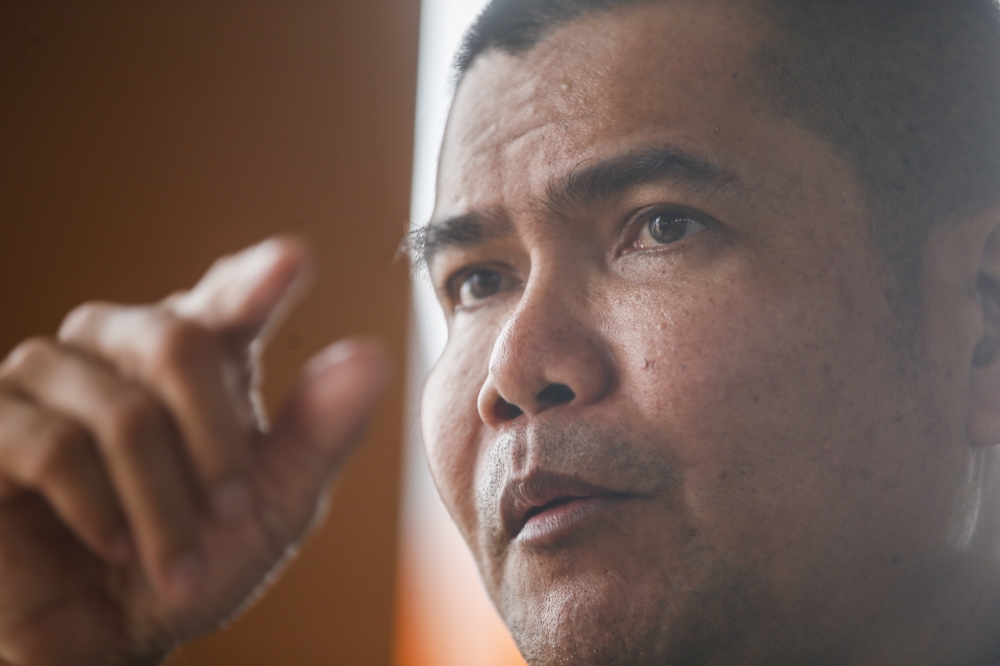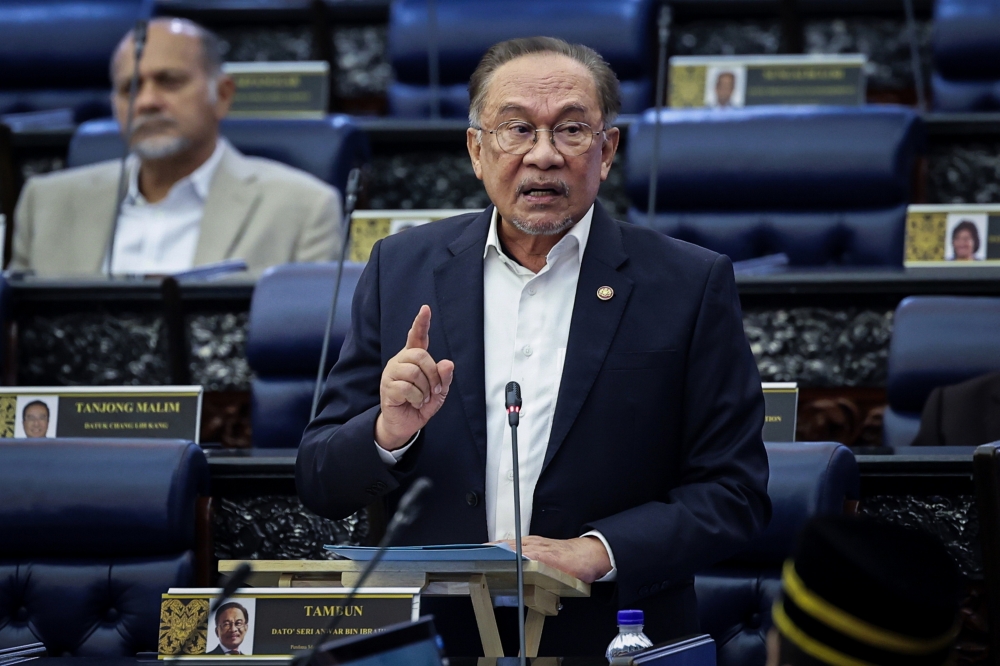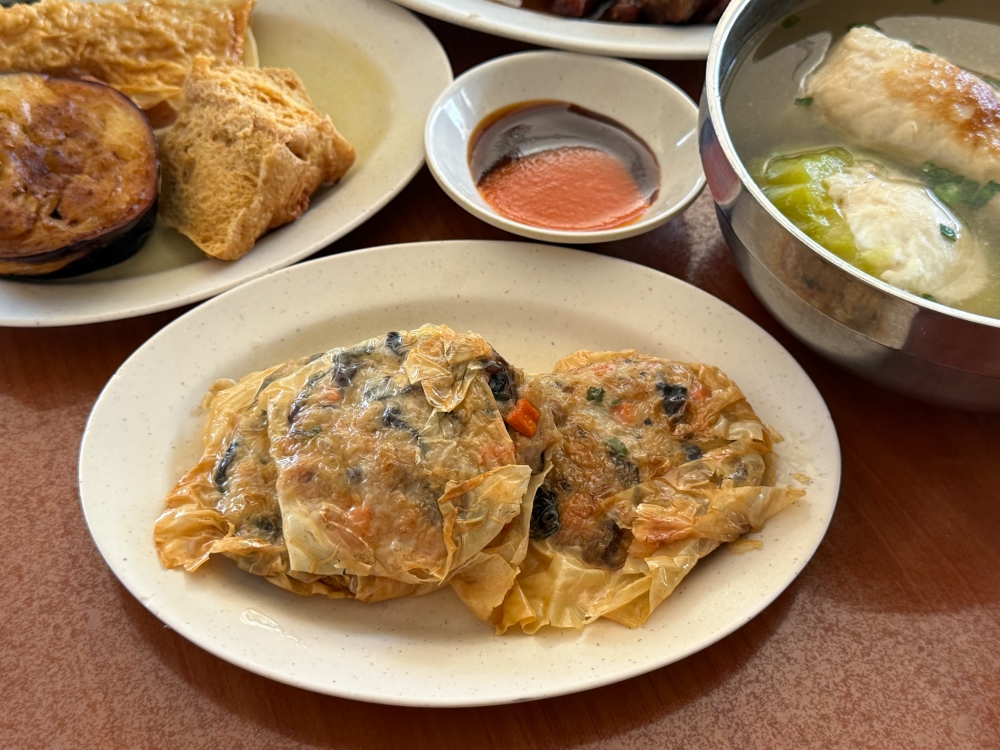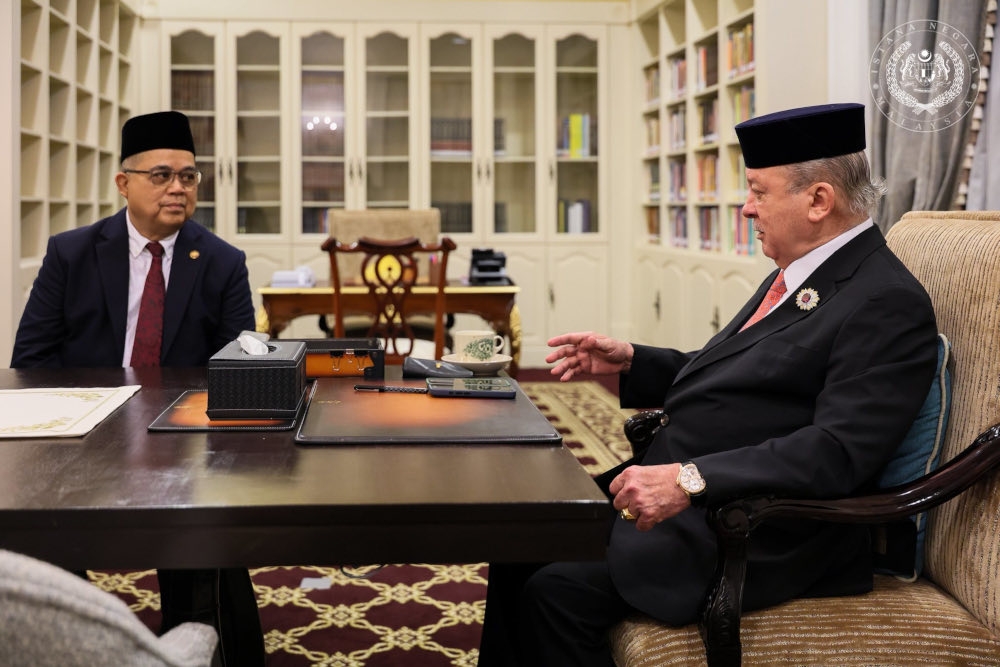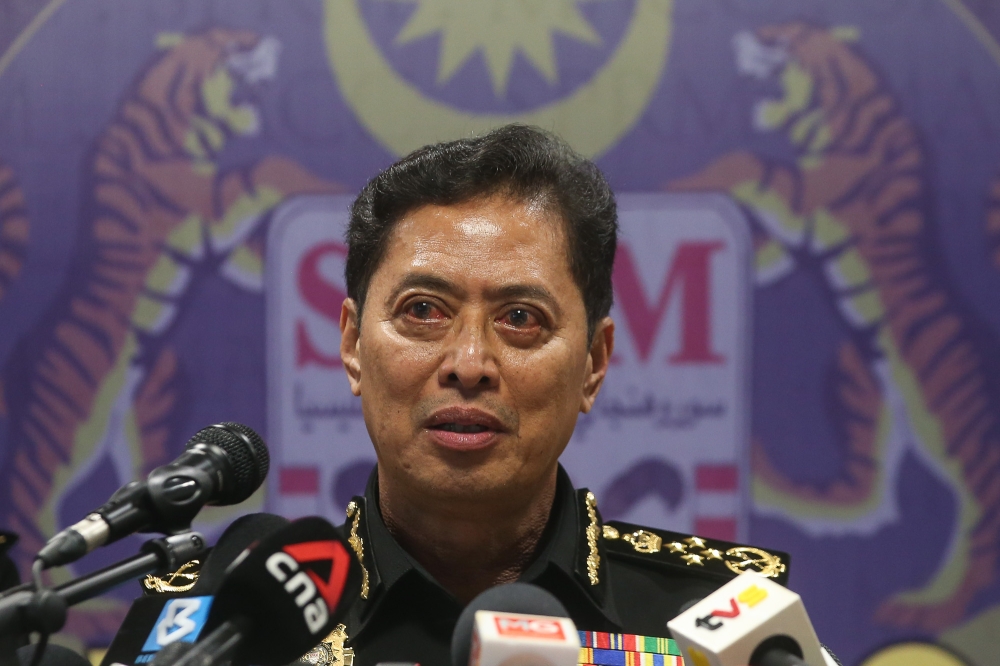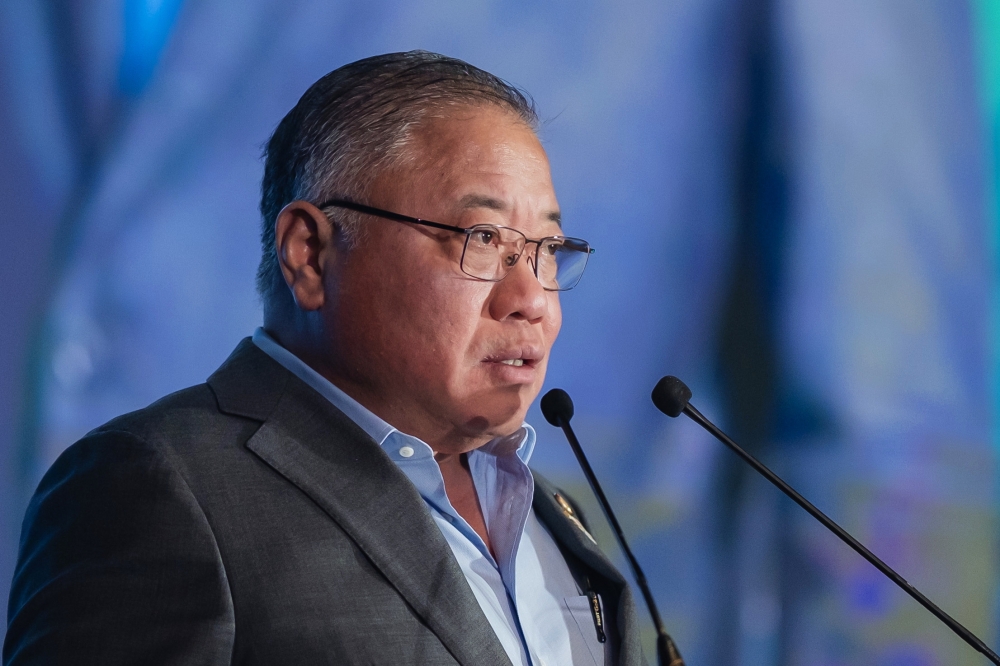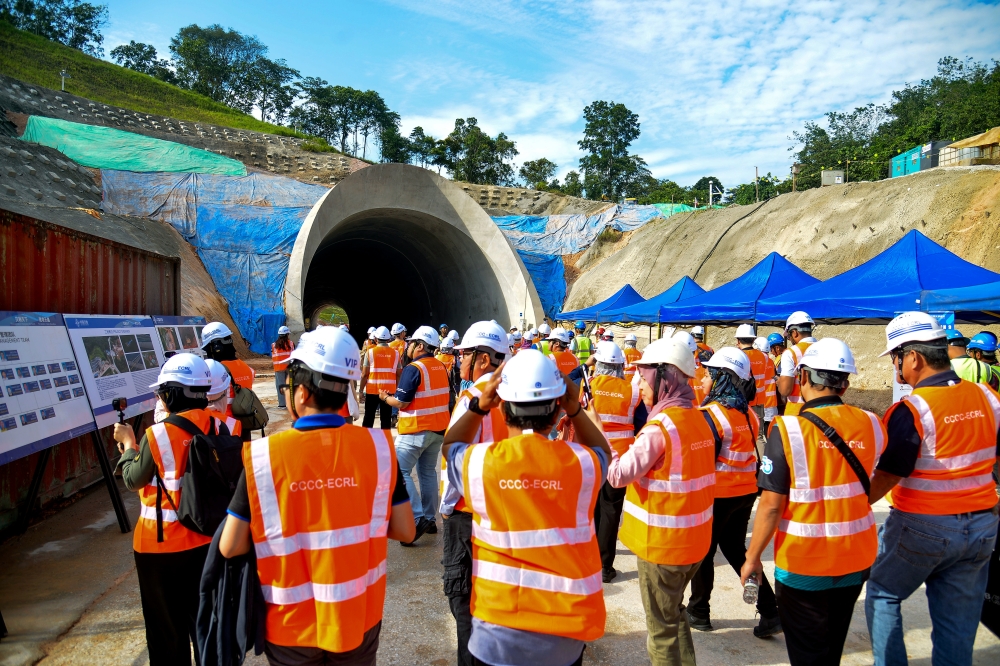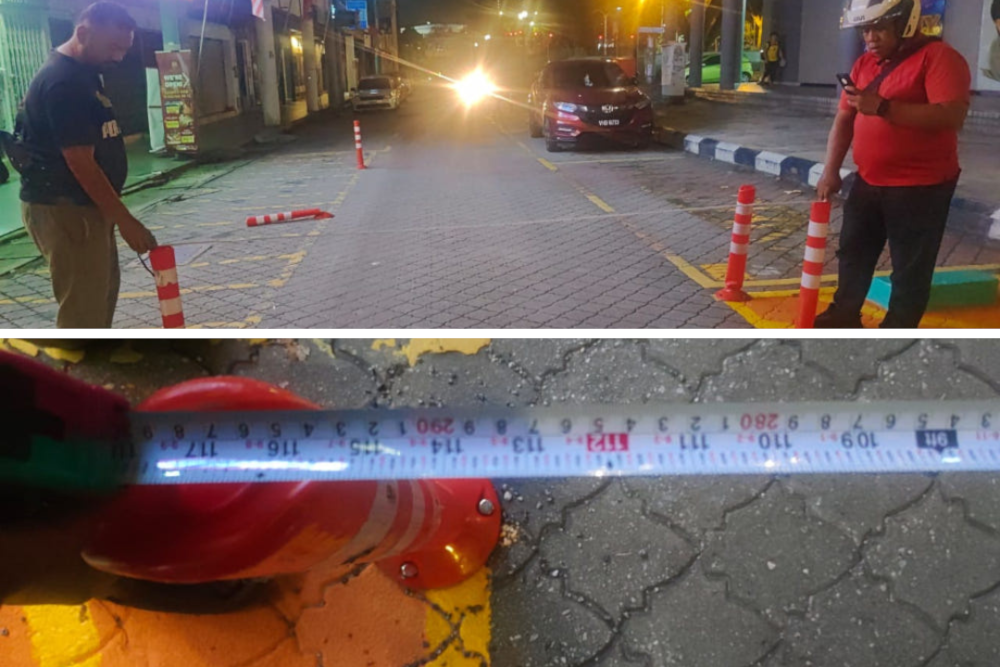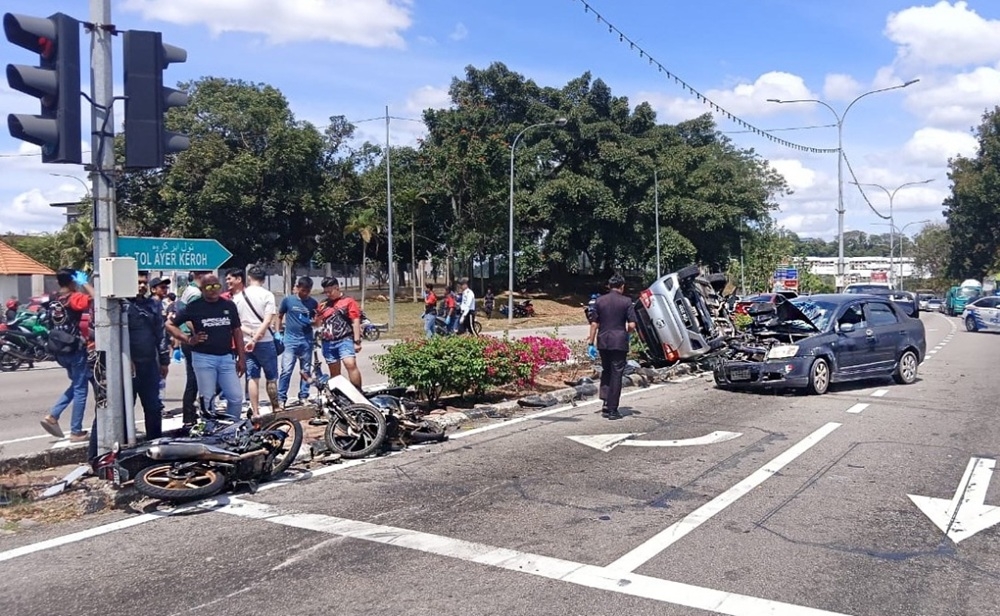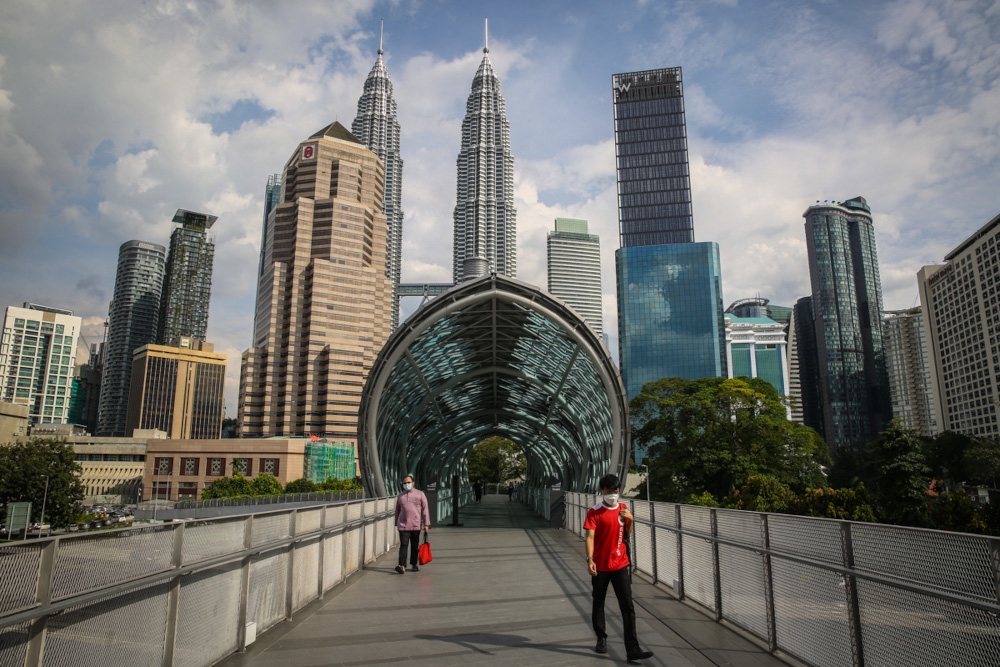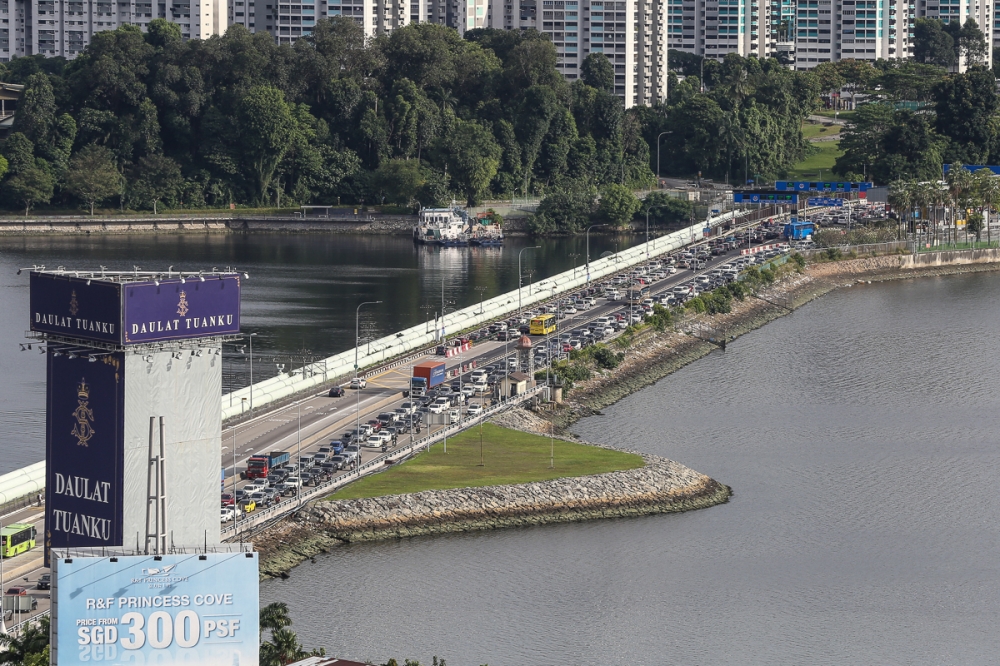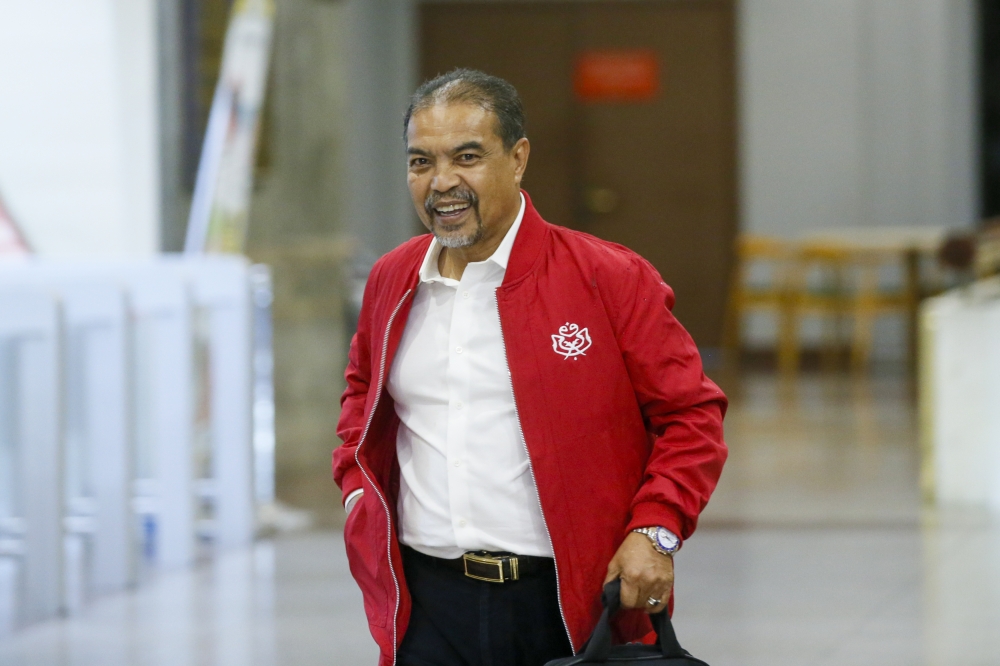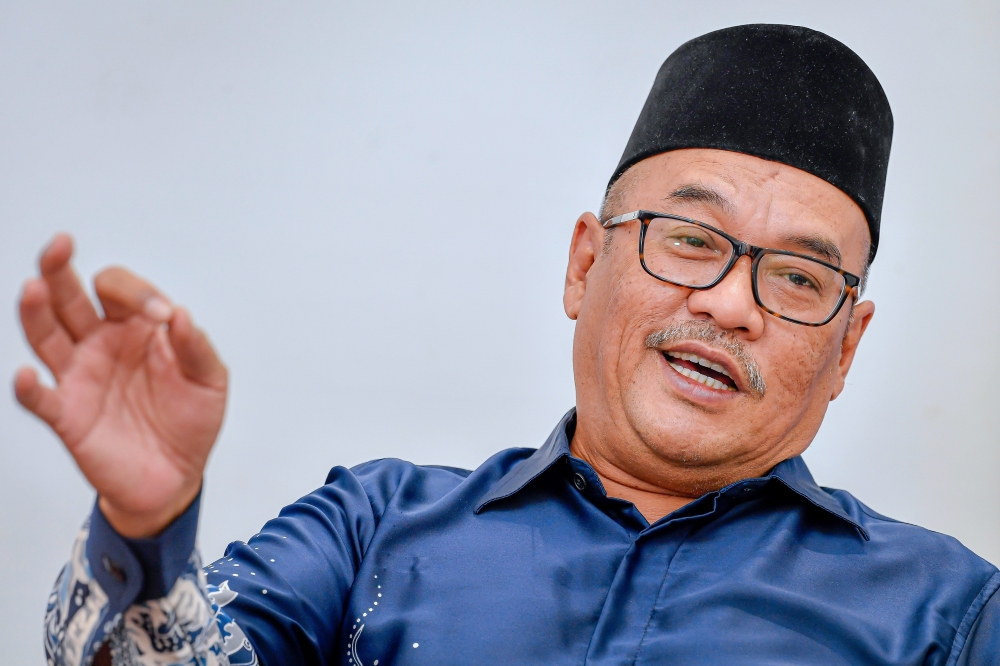MARCH 13 — For theatre-goers, the Ola Bola musical was a return to past glory days when Malaysia ranked among the top footballing nations in Asia and qualified twice in eight years for the Olympics.
During this post-May 13 era, the dominant national narrative was of hope, tolerance and unity.
Fuelled by the oil boom, development was round the clock and that was what most people, especially the baby boomers, considered “the better days.”
Ola Bola’s return to Istana Budaya came at a crucial juncture for our nation given the recent political developments that have gripped and exhausted Malaysians who not that long ago had been buzzing with excitement from the results of GE14.
Despite differences across identity, ideology and politics, 64 per cent of the electorate came together to reject a 61-year-old coalition that was inundated with scandals and out of touch with the public.
A vote for anything other than the Umno-led Barisan Nasional (BN) coalition could be interpreted in various ways, but ultimately it was also a vote for better days ahead.
The urban, elitist and intellectual classes, collectively known as those in the “Bangsar bubble”, heralded GE14 as the beginning of a new era. At last, they felt, noble ideals like a corruption-free government, an independent judiciary, and a free and open civil society could not only be preached, but achieved.
Malaysia would be a new beacon for democracy, they cheerfully claimed, as the country moved from archaic race-based policies towards equality for all.
These lofty desires, however, are not entirely shared by the suburban and rural collective who are from the low- and lower-middle income groups.
The opulent lifestyle of then prime minister Datuk Seri Najib Razak and his BN-led administration was too much for the people to stomach. Especially when it was the same administration that introduced the now abolished Goods and Services Tax (GST) and urged the people to avoid eating chicken if the prices were too high.
To this group of people, institutional reforms and democratic rights were far from their minds, as all they wanted was a return to the better days when the ringgit in their pockets could be stretched at the local market.
It should also be acknowledged that out of the 64 per cent who did not vote for BN, 18 per cent voted for PAS — a significant number given that some analysts had predicted that they would be wiped out in GE14.
This is significant in today’s context following the blow-out of Malay anger and insecurity following the Pakatan Harapan (PH) government’s failure to ratify the International Convention on the Elimination of All Forms of Racial Discrimination (ICERD) and the racially-charged Seafield temple riots.
Combining BN and PAS’ vote share would mean that the two political entities garnered 54 per cent of the vote, the lion’s share in this situation as PH only has 47 per cent.
By using a back-of-the-envelope calculation, and fully recognising the flaws associated with it, the combination of the votes gained by BN and PAS in all parliamentary contests would have allowed them to attain up to 127 seats compared to PH’s 95 seats.
Knowing this possibility is among the chief reasons why Umno and PAS have worked closely, and now formally, after GE14. It should be noted, however, that this is a peninsula-centric argument.
For example, one would expect Sarawak’s Gabungan Parti Sarawak (GPS) to swing for whichever coalition is likeliest to form the federal government of the day though admittedly having PAS as a coalition partner could be tricky for GPS.
For these groups of people, particularly among the Malays, Malaysia Baharu is the most dangerous due to the uncertainties that have arisen.
Despite having Tun Dr Mahathir Mohamad at the helm as prime minister, they do not feel that the PH government can adequately protect the special positions of the Malays and Islam and the issues of ICERD and the appointments of non-Malays to senior positions in all three branches of the state have vindicated such beliefs.
It has also come to a point where Datuk Seri Najib Razak has regained some popularity among the Malays because in their eyes, they feel that they were better off when he was the prime minister.
In the past decade or so, there has only been one main overarching theme in the country: politics. There has been plenty of politicking for the sake of major and minor political victories.
But they have served no purpose towards pushing for any major forms of progress socially and economically. We have not become a failed state or too worse off, but we have indeed stagnated.
Following the formation of a new government after GE14, it was a chance for PH to fulfil its promises and write the next chapter of Malaysia’s history.
Disappointingly, PH has yet to successfully craft the dominant narrative in the post-May 9 era, but rather it has been a continuation of politicking and alleged witch hunting as if elections will happen tomorrow. This has taken valuable time away from focusing on much needed reforms.
The average Malaysian voter today is ultimately pragmatic in search of better days ahead. If the government can develop its own grand narrative that can raise the hopes of the people through wage increases, lower inflation and higher quality of life, there is no reason for Malaysians not to vote for PH again in the next general elections.
Dealing with Malay-centric issues would be more complicated. However, if they can see themselves and their fellow Malays rise up the wage ladder, there would be fewer justifications to protest against a government that is allegedly not protecting its interests.
Hence, it is imperative for the government to look into developing economic action plans that can address these bread-and-butter issues affecting a great number of people.
Tun Dr Mahathir surely is well aware of this given that the glue that brought the people together in the 1990s prior to the 1997 Asian Financial Crisis were economic and financial successes.
But more importantly, these solutions need to feed into developing a national vision — a grand narrative — to rally Malaysians together. The broader issues that may affect this would be the leadership transition from Tun Dr Mahathir to PKR president Datuk Seri Anwar Ibrahim, and whether the time for the development of such a vision or narrative has passed along with the slow evaporation of goodwill for PH.
We need to find our way, just as how our national football heroes found their way to qualify for the 1980 Moscow Olympics. But this must be done sooner rather than later as Malaysia runs the risk of stagnating further.
The worst is to suffer the fate of the national football team which has now long lost its lustre.
*This is the personal opinion of the columnist.

